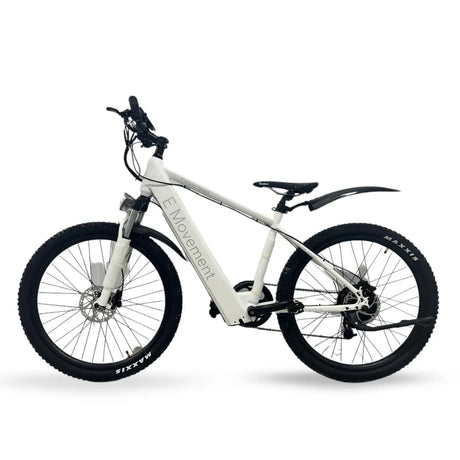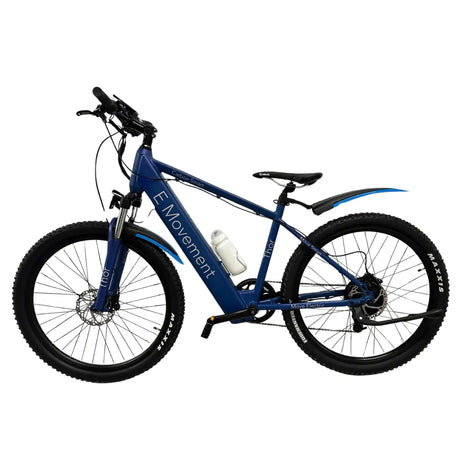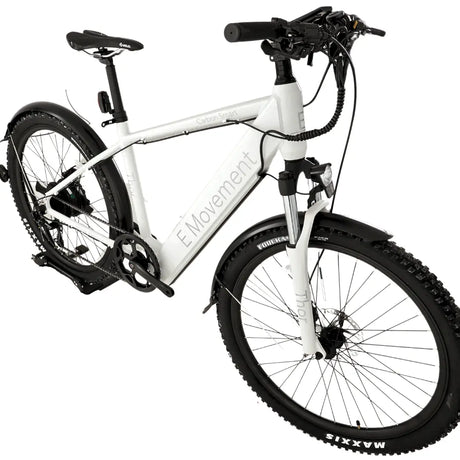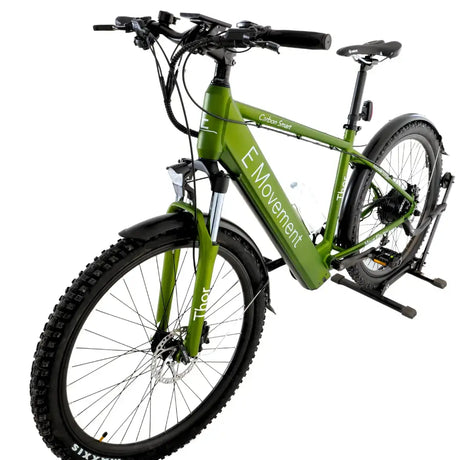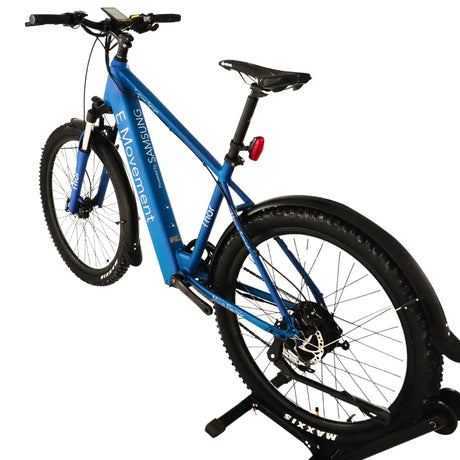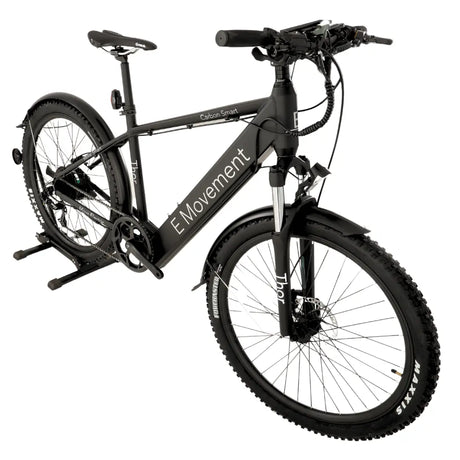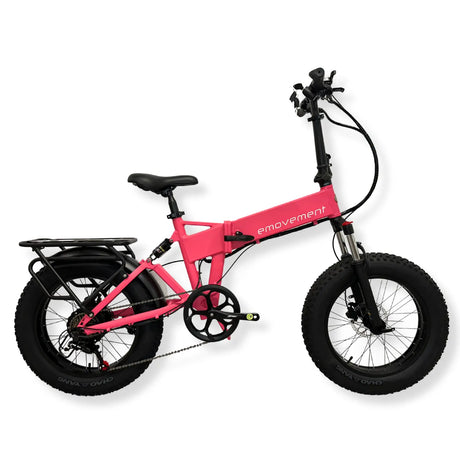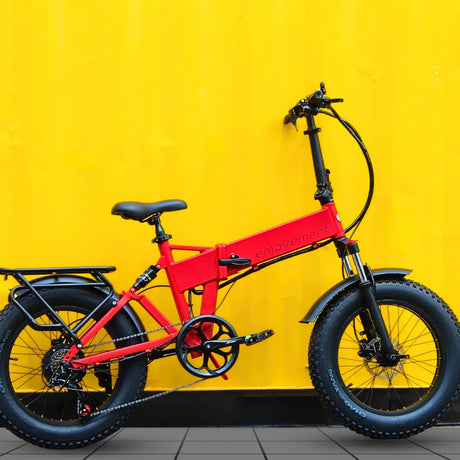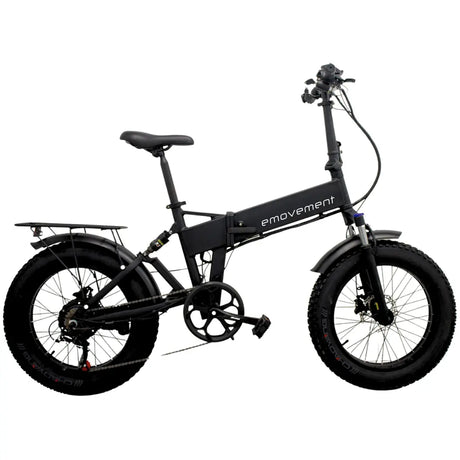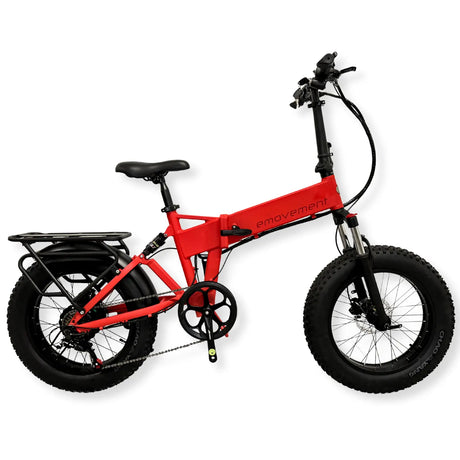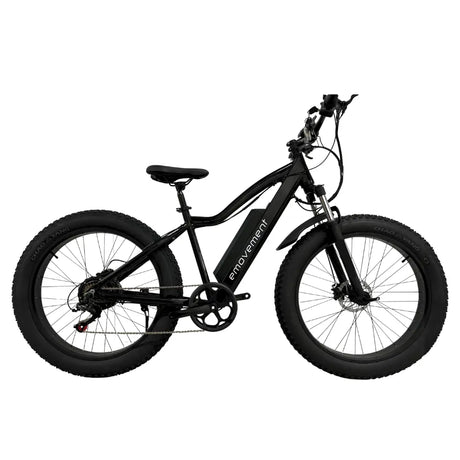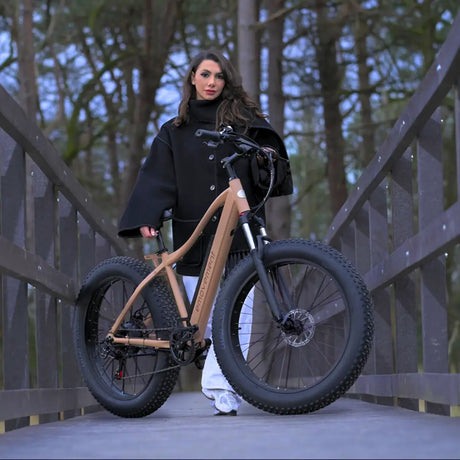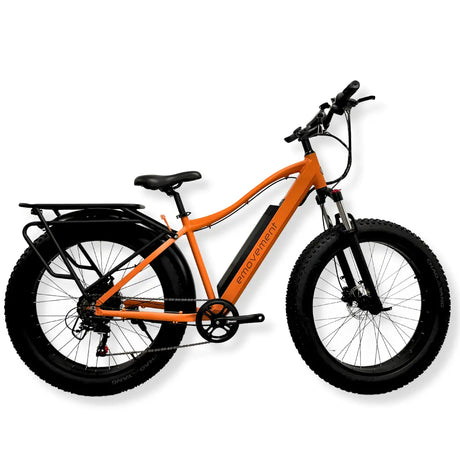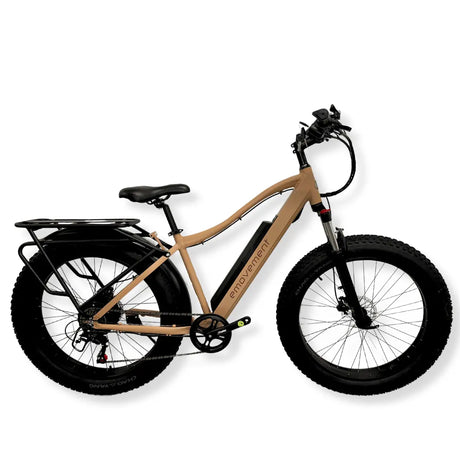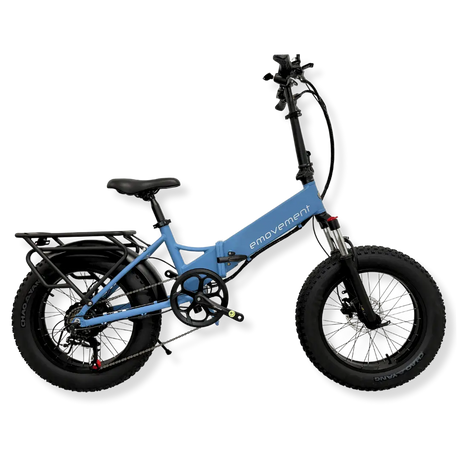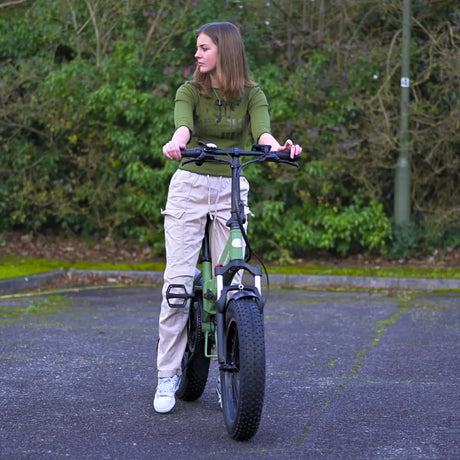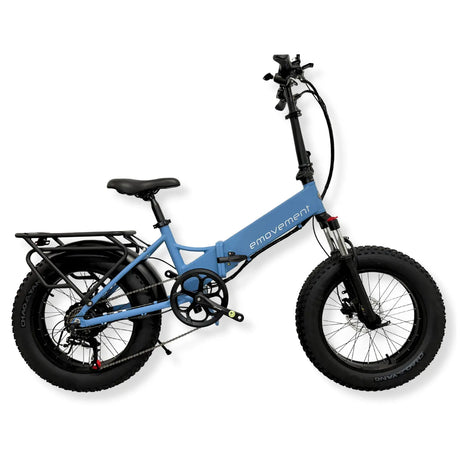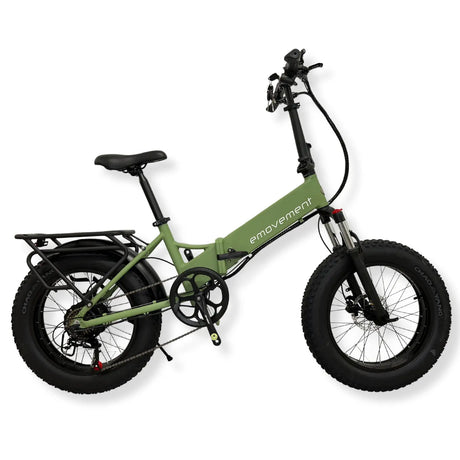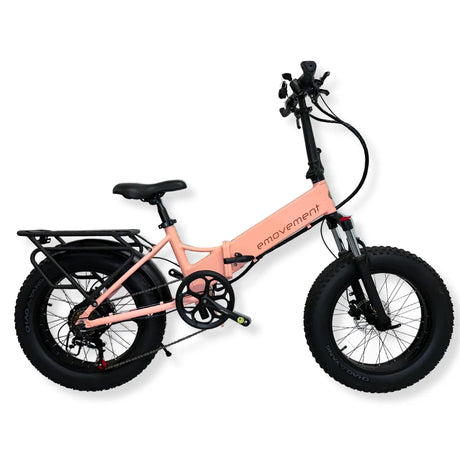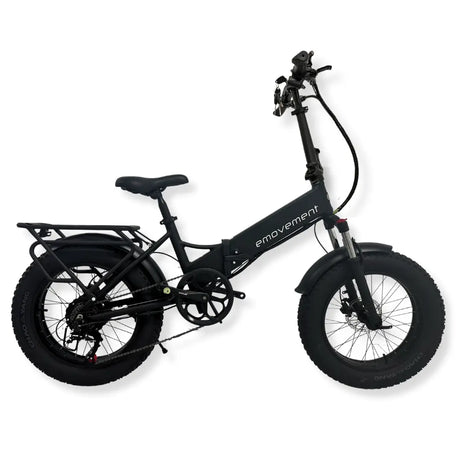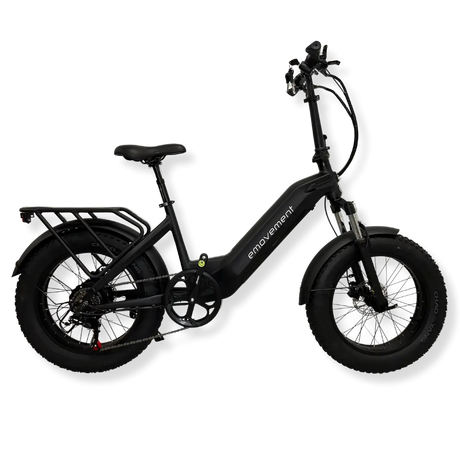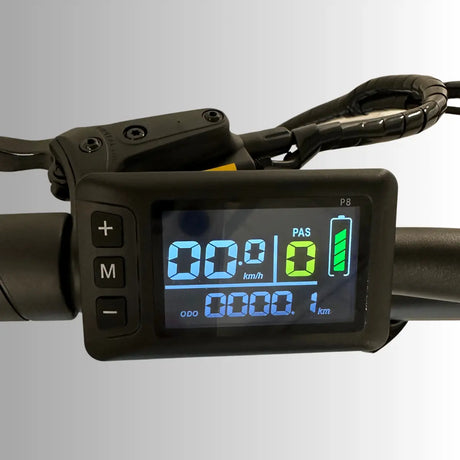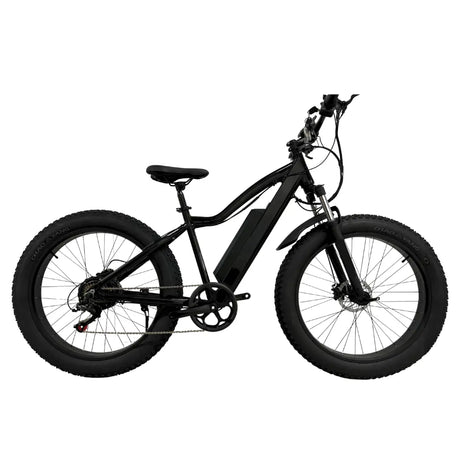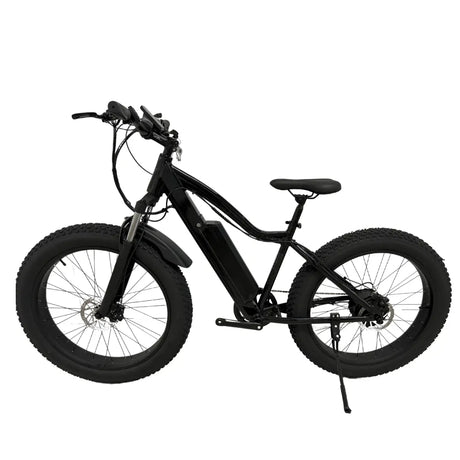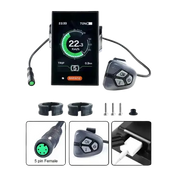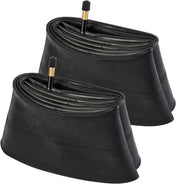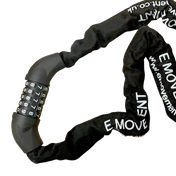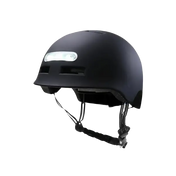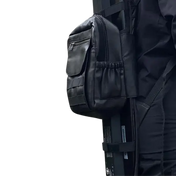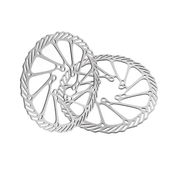In recent years, e-bikes have emerged as a sustainable and popular transportation option. Their rise in popularity can be attributed to technological advancements that have made these bikes more accessible and efficient, offering a viable alternative to traditional bicycles and motor vehicles.
However, it’s crucial for riders to be well-versed with the legal aspects and rules pertaining to their electric bikes to ensure responsible usage. Keep reading as we delve into whether you can ride an electric bike if banned from driving and understand various driving bans.
Understanding UK E-Bike Laws
The majority of electric bikes legal in the UK are known as EAPCs (electrically assisted pedal cycles) that comply with legal standards and are considered equivalent to conventional bicycles. Still, there are several important rules that riders must follow:
- The maximum speed of the e-bike should not exceed 15.5mph/25 km per hour
- The motor's power shouldn’t exceed 250W
- The e-bike needs to be equipped with pedals
- The user must be 14 years old or above
As long as your electric bike satisfies this criteria, it falls under the same rules as a regular bicycle. These include:
- Avoiding cycling under the influence of alcohol and drugs
- Not holding onto a moving motor vehicle or trailer
- Not carrying passengers unless the bike is specifically designed for this
- Having operational front (white) and rear (red) lights and reflectors on your bike when cycling at night
- Using designated cycling paths or the road and obeying standard road regulations, such as stopping at red lights
- Maintaining efficient front and rear braking systems at all times
- Cycling with due care and attention to other road users
As for the legal status of throttle electric bikes in the UK; It's illegal for an e-bike to have a "twist-and-go" throttle that propels the bike beyond walking pace (4mph) without pedalling. Such bikes are classified as motorbikes and require registration with the DVLA, along with the necessary tax and insurance for an electric bike, just like any other motor vehicle.
Riding an Electric Bike When Banned From Driving
If you are prohibited from driving, you can still use an electric bike since cycling does not require a licence. Driving disqualifications are specific to motor vehicles, such as cars, motorbikes, or mopeds, and do not extend to bicycles (including electric ones).
In contrast, operating a non-EAPC compliant electric bike while under a driving disqualification is considered a serious violation. Penalties for such an offence could include a fine reaching up to £5,000, an extension of the current driving ban, the imposition of up to six penalty points on your licence, or a prison sentence of up to 12 months.
Types of Driving Bans
Driving bans can be divided into various types, each defined by its duration and specific limitations. These include:
- Lifetime Driving Bans: As implied by the name, lifetime bans permanently prevent individuals from obtaining a driver's licence again. Such severe penalties are usually reserved for the gravest offences, like vehicular manslaughter or repeated DUI (Driving Under the Influence) convictions.
- Indefinite Driving Bans: These bans do not have a predetermined end date and are usually imposed for more serious violations. They may be reviewed and potentially lifted after a certain period, often depending on conditions such as completion of rehabilitation courses or passing a driving retest.
- Temporary Driving Bans: Temporary driving bans are assigned for a set duration, which can range from a few days to several months. Typically, the ban is issued for less severe infractions or due to the accumulation of penalty points on the driver's record.
When Can You Get a Driving Ban?
Driving bans can be issued for various reasons:
- Reckless Driving: You can obtain a driving ban by participating in hazardous driving activities, such as street racing, aggressive driving, or ignoring traffic regulations. Such reckless behaviour jeopardises the safety of everyone on the road and can have serious repercussions.
- DUI/DWI Offences: One of the most common reasons for a driving ban is operating a vehicle under the influence (DUI) or driving while intoxicated (DWI). Driving in this state significantly increases danger to both the driver and other individuals on the road.
- Major Traffic Offences: Engaging in severe traffic violations can result in a driving ban. This includes fleeing the scene of an accident, operating a vehicle without a valid licence, or driving with a suspended licence.
- Excessive Speeding: Consistent speeding violations, especially at high rates, may lead to a driving ban. Speeding not only increases the risk of accidents but also poses a severe threat to the safety of other road users.
- Penalty Points Accumulation: In many places, drivers collect penalty points for traffic violations. Accumulating a certain number of points can result in a driving prohibition.
- Unpaid Fines or Legal Judgments: In some jurisdictions, failing to pay fines or comply with legal driving judgments can lead to a driving ban. For example, unpaid traffic tickets or failure to respond to court summons related to driving offences.
- Medical or Health Reasons: Driving bans might also be imposed due to medical or health reasons. If a driver is deemed medically unfit to drive safely, whether due to physical or cognitive impairments, a driving ban may be issued to protect the driver and public safety.
Endnote
Riding an electric bike without following the law can bring along some serious problems. This includes legal trouble, issues with your driving licence, and problems with insurance. To avoid these issues and stay safe on the road, it’s important for riders to know and follow the rules. By learning about your local laws, understanding what type of e-bike you have, and sticking to road rules, you can enjoy using your vehicle without legal worries.
FAQs
1. Can you ride an electric bike if you have lost your licence?
You can ride an electric bike even if you have lost your driving licence, provided the vehicle complies with the legal standards of an electrically assisted pedal cycle (EAPC) in the UK. This is because e-bikes classified as EAPCs are not legally considered motor vehicles and don't require a driving licence. Still, it's important to ensure the bike meets all legal requirements like power and speed limits.
2. Can you lose your licence for riding an electric bike drunk in the UK?
While riding an electric bike under the influence of alcohol is illegal, it typically does not result in losing your driving licence. However, engaging in such behaviour can lead to other legal repercussions, including fines or criminal charges, and it's also a significant safety risk for both the rider and others.
3. Do I need a licence to ride an electric motorbike?
For an e-bicycle that qualifies as an EAPC, no licence is required. But if it's a more powerful electric bike that doesn't fit the EAPC criteria, it's classified as an electric motorbike and requires a licence, registration, and insurance. These requirements ensure that riders are equipped to handle the increased power and responsibilities associated with operating a motorbike.
4. Do police seize electric bikes?
Police can indeed seize an electric bike if it's used in ways that violate UK laws, such as exceeding the legal specifications for EAPCs or being used recklessly. Additionally, modifications that alter the bike's power or speed beyond legal limits can also lead to seizure, emphasising the importance of adhering to legal standards.
5. Can you be breathalysed on an e-bike?
Yes, you can be subject to a breathalyser test while using an e-bike. The law treats riding under the influence on any bike, including electric bikes, as a punishable offence. Although the consequences may differ from those of motor vehicle DUIs, they underline the seriousness of operating any vehicle, even bicycles, while impaired.


